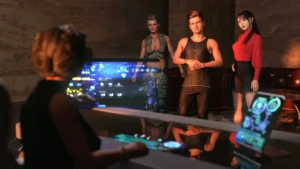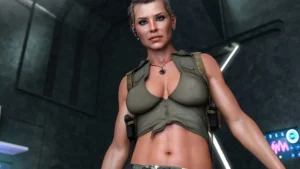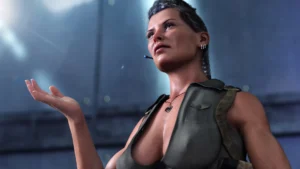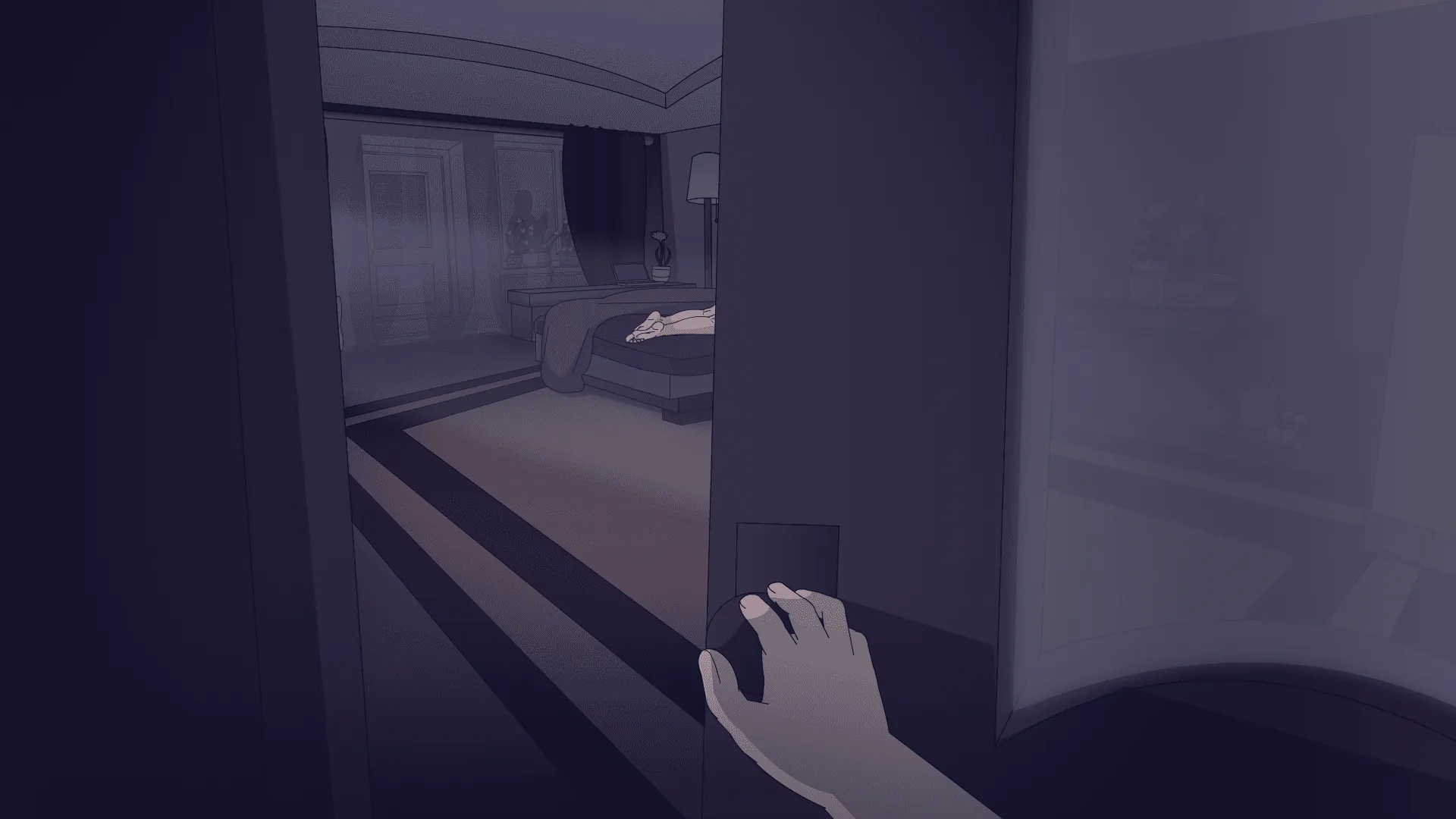
How to Fix the Future
Play How to Fix the Future
How to Fix the Future review
Explore Gameplay, Story, and Strategies for How to Fix the Future
How to Fix the Future is a unique sci-fi interactive novel game that blends storytelling with engaging gameplay. Centered on a young shoe salesman who unexpectedly finds himself in the future, the game offers a compelling narrative with adult themes woven into a rich plot. This guide dives into the core aspects of How to Fix the Future, helping players understand the story, characters, and strategies to fully enjoy the experience.
Understanding How to Fix the Future: Story and Setting
Ever found yourself completely fed up with your day job, staring at the clock and dreaming of a life with more meaning? 🕒 That’s exactly where we meet the heart of the How to Fix the Future story. This isn’t your typical high-octane sci-fi romp; it’s a deeply personal journey that uses a futuristic lens to examine the very human feeling of discontent. I remember starting the game after a particularly monotonous Tuesday at my own desk job, and within minutes, I felt a startling connection to our hero. This interactive novel game masterfully pulls you into its world, not with flashy action, but with raw, relatable emotion. Let’s dive into the narrative core that makes this experience so unforgettable.
Who is the Main Character?
Meet Jack. He isn’t a chosen-one super-soldier or a genius inventor. He’s a discontented shoe salesman. 😮💨 And honestly, that’s his greatest strength. The How to Fix the Future characters are built on a foundation of realism, and Jack is the perfect anchor. You feel the weight of his existential dread, the quiet desperation of a life that feels like it’s passing him by. As the Jack main character, his journey is ours. Every small choice he makes—or that you make for him—feels significant because it’s rooted in a desire we’ve all felt: the need for change.
The genius of this sci-fi visual novel is how it introduces its fantastical elements. Jack isn’t seeking adventure; it quite literally crashes into his lap, upending his mundane existence and forcing him to confront a world far bigger than his shoe store. His relatability is your gateway into the narrative.
The alarm blared for the third time. Jack’s hand slapped the snooze button with practiced exhaustion. Another day of measuring arches and faking a smile for customers who wouldn’t remember him. The holographic news cast in the corner of his cramped apartment droned on about another breakthrough in quantum commuting, a world of excitement that felt as distant as another galaxy. He sighed, pulling on his uniform—a dull, synthetic fabric that felt like a second skin of regret. Little did he know, in a few hours, a stranger with a mysterious device would turn his perfectly mediocre world completely upside down.
This snippet isn’t just setup; it’s the emotional bedrock of the entire How to Fix the Future plot. We understand his struggle before the adventure even begins, making every subsequent event feel earned and personal. 🤝
The Futuristic World and Its Challenges
The How to Fix the Future setting is a character in itself. 🏙️✨ We’re not talking about sterile, gleaming utopias or post-apocalyptic wastelands. This is a grounded, lived-in future. Think bustling mega-cities where dazzling neon advertisements for bio-enhancements glow beside dilapidated apartment blocks. It’s a world of stark contrast— incredible technological advancement existing alongside very familiar human struggles like class disparity and corporate overreach.
This atmosphere is crucial. The challenges Jack faces are a blend of the extraordinary and the deeply personal. Yes, he might be navigating a conspiracy that threatens the city’s core, but he’s also grappling with paying his rent on a shoe salesman’s salary. This duality is what makes the world so compelling. You’re not just saving the world; you’re trying to survive in it.
The game presents a society obsessed with convenience and superficial perfection, which directly contrasts with Jack’s internal search for genuine purpose. The challenges are multifaceted:
* Societal Pressure: Conformity is encouraged; rocking the boat is dangerous.
* Technological Overload: Information is everywhere, but truth is hard to find.
* Economic Strain: The gap between the elite and the everyday citizen is a chasm.
Navigating this world requires more than quick reflexes; it demands empathy, critical thinking, and moral courage. The How to Fix the Future story uses its setting not just as a backdrop, but as the primary source of conflict and drama.
Narrative Style and Themes
This is where How to Fix the Future truly shines and sets itself apart. The narrative style is a masterclass in adult-themed storytelling that prioritizes depth over sensationalism. 🧠❤️ We’re talking about themes of existentialism, the search for identity in a world that wants to label you, and the moral compromises we make to get by.
It’s a interactive novel game in the truest sense. Your choices don’t just lead to different endings; they shape Jack’s personality and his relationships with the other deeply flawed, beautifully written How to Fix the Future characters. Will you let him become cynical and self-serving, or will he cling to his empathy despite the world telling him it’s a weakness? The game trusts you with these decisions.
Many might hear “adult-themed” and think one thing, but this game subverts that expectation. The maturity comes from its handling of complex themes:
* Alienation and Connection: In a hyper-connected world, why do we feel so alone?
* Agency vs. Fate: Do we control our future, or are we just along for the ride?
* The Burden of Responsibility: What do you owe to yourself versus the greater good?
The How to Fix the Future plot weaves these ideas into every conversation and choice. I found myself pausing often, not to look up a puzzle solution, but to truly ponder a difficult dialogue option. What is the right thing to do? There often isn’t a clear answer, and that’s the point. The game engages you emotionally by making you care about the consequences, and intellectually by presenting you with genuine moral dilemmas.
It’s a story that stays with you long after you’ve put it down, prompting reflection on your own life and choices. That’s the mark of a truly powerful narrative.
| Core Theme | How It Manifests in the Game | Player’s Role |
|---|---|---|
| Existential Dread | Jack’s dissatisfaction with his mundane life and search for purpose. | To guide Jack toward meaning, whether through rebellion, acceptance, or ambition. |
| Moral Ambiguity | Choices rarely have a purely “good” or “evil” outcome, only consequences. | To weigh decisions based on personal ethics rather than seeking a “perfect” path. |
| Technological Intimacy | Advanced tech is deeply personal (e.g., memory viewers, emotion regulators). | To use these tools to understand characters deeply, not just as gadgets. |
| The Cost of Truth | Uncovering the world’s secrets often requires personal sacrifice. | To decide what information is worth losing friends, stability, or innocence for. |
Ultimately, understanding the How to Fix the Future story is about appreciating its commitment to human stories within a sci-fi framework. It proves that a powerful narrative doesn’t need to rely on shock value, but on the quiet, resonant truth of its characters and their struggles. It’s a journey that challenges you to look inward, all while navigating a beautifully rendered and challenging future.
How to Fix the Future offers a rich blend of storytelling and interactive gameplay that appeals to fans of sci-fi visual novels. By understanding its narrative depth, mastering gameplay choices, and ensuring smooth technical performance, players can fully enjoy this unique experience. Dive into the world of How to Fix the Future and explore the many paths that shape Jack’s journey. Ready to fix the future? Start playing today and discover your own story.




















